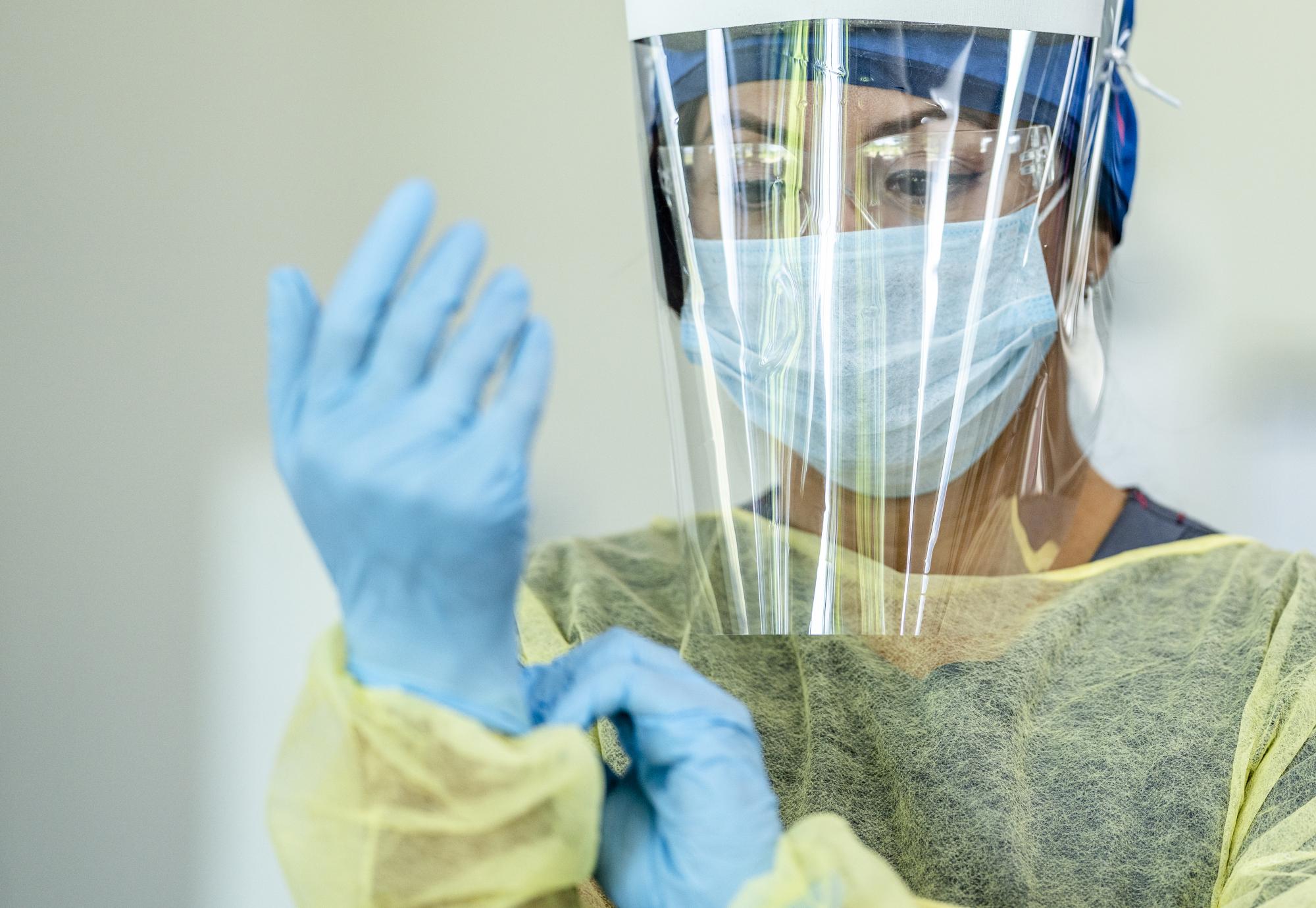Engaging with communities and the importance of data in future pandemic was the key messages to come out of NHE365’s panel discussion: The Future of Infection Prevention & Control.
Hosted by Helen Fospero, the panel included:
- Chine Eyetan, ICNET Clinical Safety Officer and Pharmacist Consultant
- Dr Lucia Pareja-Cebrian, Associate Medical Director, Director of Infection Prevention and Control & Microbiology Consultant, Newcastle upon Tyne Hospitals Foundation Trust
- Alice Wiseman, Director of Public Health, Gateshead Council
Ms Wiseman said that “Directors of Public Health have been around for a long time, but not many people knew what we did”, but said this changed during the Covid-19 pandemic.
During the pandemic, she said that focussing on engaging with communities, making sure that they had access to information, as well as look at encouraging and motivating people to do right thing were major parts of her role.
Calling the pandemic “a huge learning curve”, Ms Wiseman said her role also involved supporting care homes and ensuring that there was enough personal protective equipment (PPE).
Dr Pareja-Cebrian said that her trust received the first Covid patients in the UK and said “in Newcastle we’re very good at coming together, especially in times of crisis”.
Prior to the outbreak coming to the UK, she said her and her colleagues looked at what was happening with Covid-19 in Italy and Spain, but acknowledged that “absolutely nothing prepared us for what actually happened”.
Dr Pareja-Cebrian said that the population is going to have to live with the pandemic for a very long time and that “infection control is everyone’s business”, acknowledging that moving forward the challenge is to maintain that level of activity.
During the discussion, Ms Eyetan said that infection and prevention control (IPC) was vital during the first Covid-19 wave, as well as using digital surveillance to see what was going on.
However, she also said: "The emergence of Covid did not mean the other micro-organisms that we had to keep an eye on disappeared."
In the first wave, the motivation was clear as people had a real fear of protecting ourselves, families and communities, Ms Wiseman said.
She added that things people were asked to do, such as self-isolate, affected individuals differently and that is very important to understand the impact of what people were asked to do.
Her message is “involving people in the solutions is really key” and urged future policymakers to start with addressing inequalities.
Ms Eyetan also acknowledged that “having communication is key”, as it allows the general public to know what to do.
As well as this, she said the importance of data is vital in order to convey the message to audiences and said that leaders being confident in data helps this.
Dr Pareja-Cebrian added that being more open and honest on Covid rates in different areas is very important to learn about what is happening elsewhere.
She also said that there has been an acceleration of learning in the general public when it comes to infection prevention and said that this probably begins in the early years of school.



















